
We are building a global network of elite young leaders passionate about liberty.
9 subscribers
How to get URL link on X (Twitter) App

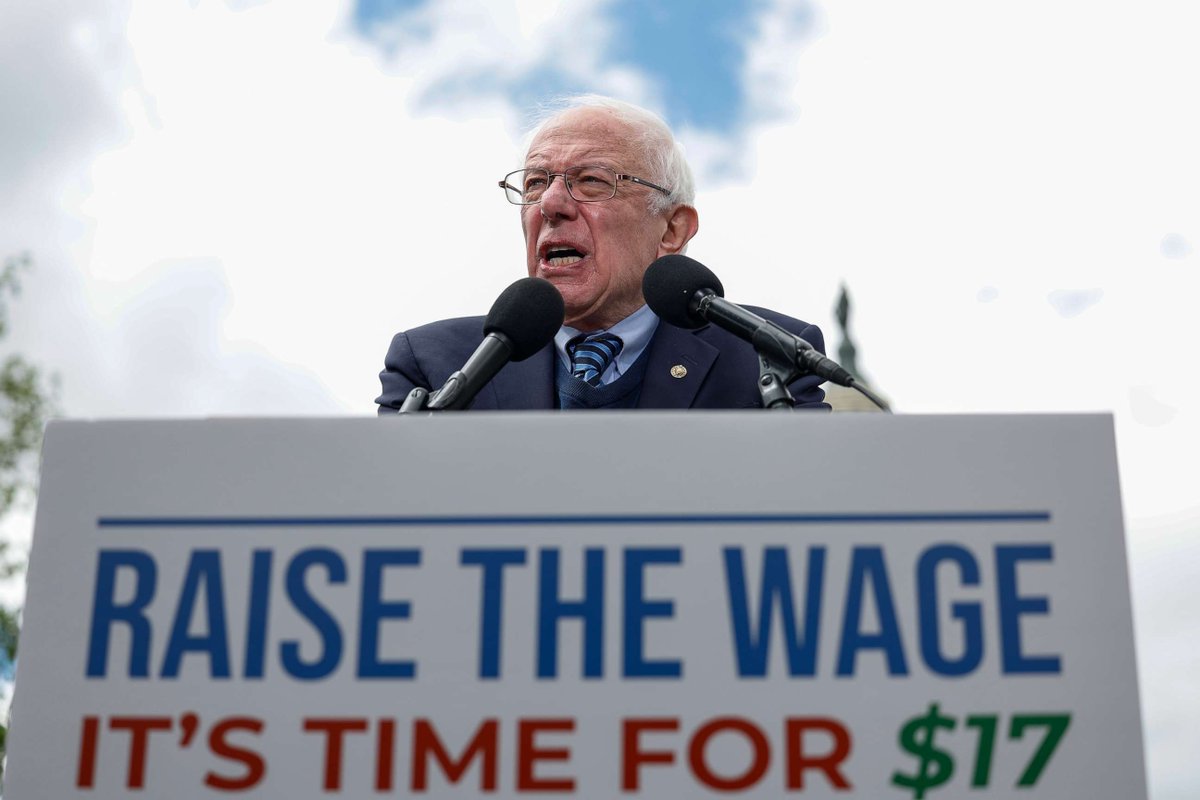
 From 1890 to 1930, a generation of American economists reshaped public policy.
From 1890 to 1930, a generation of American economists reshaped public policy.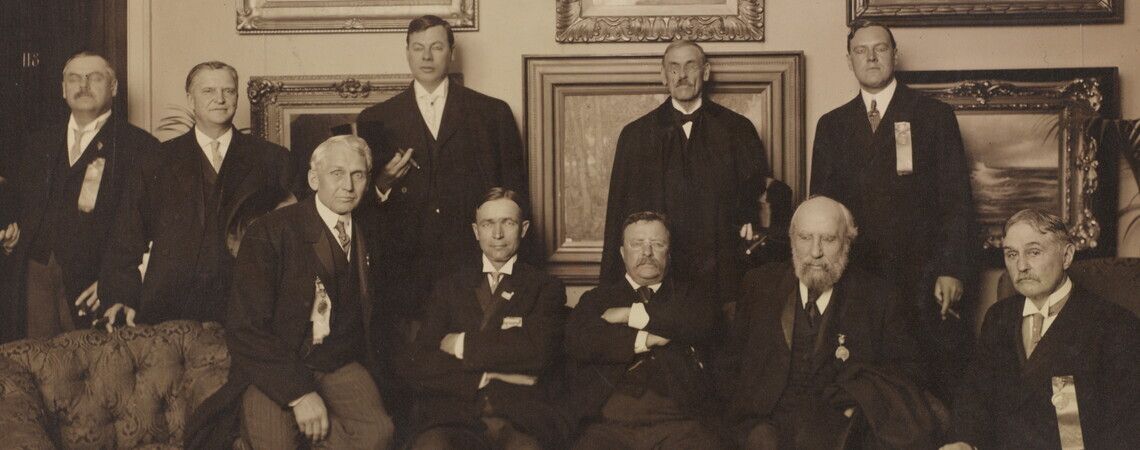
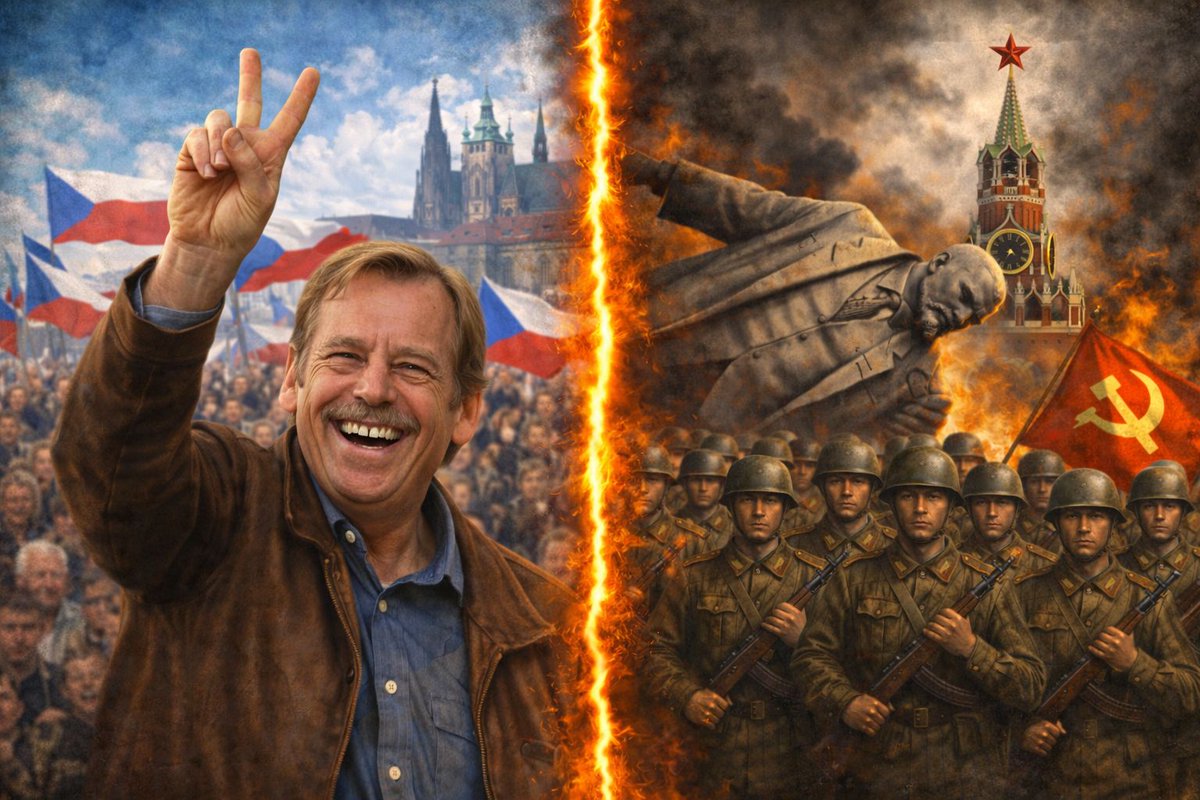
 In 1978, The Soviet System Looked Permanent
In 1978, The Soviet System Looked Permanent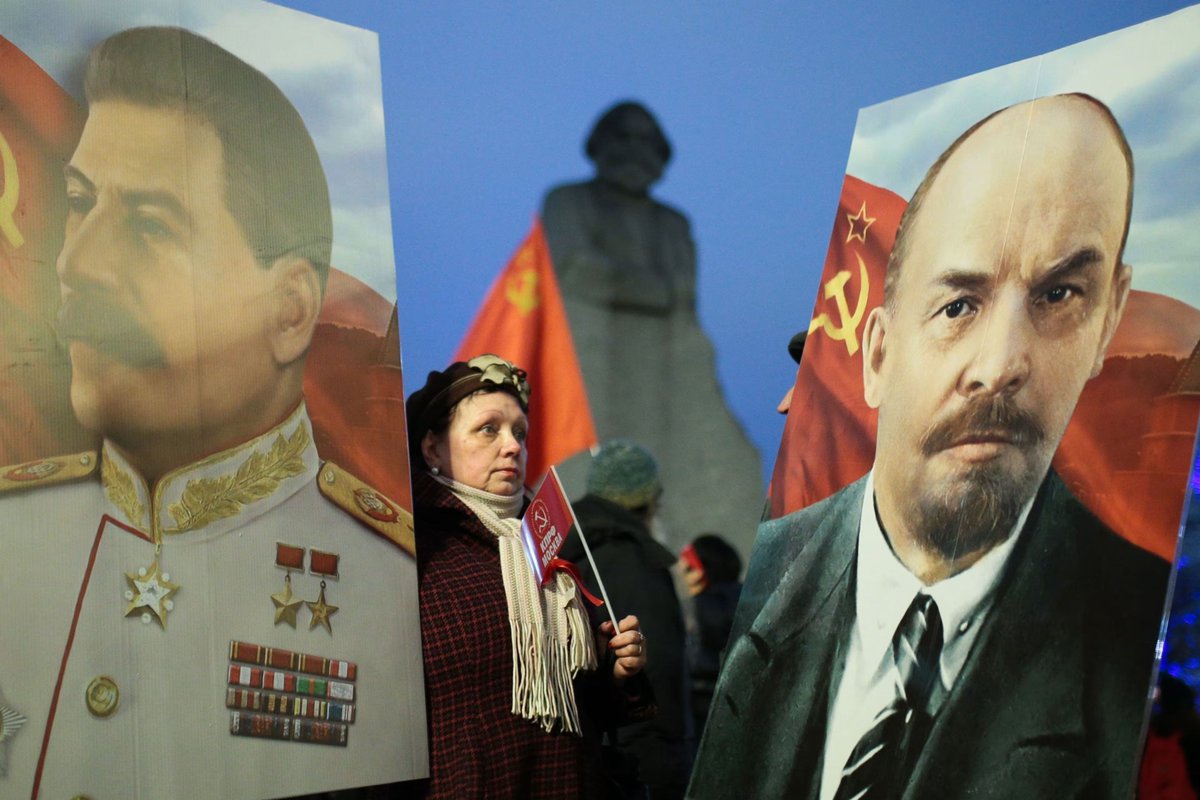
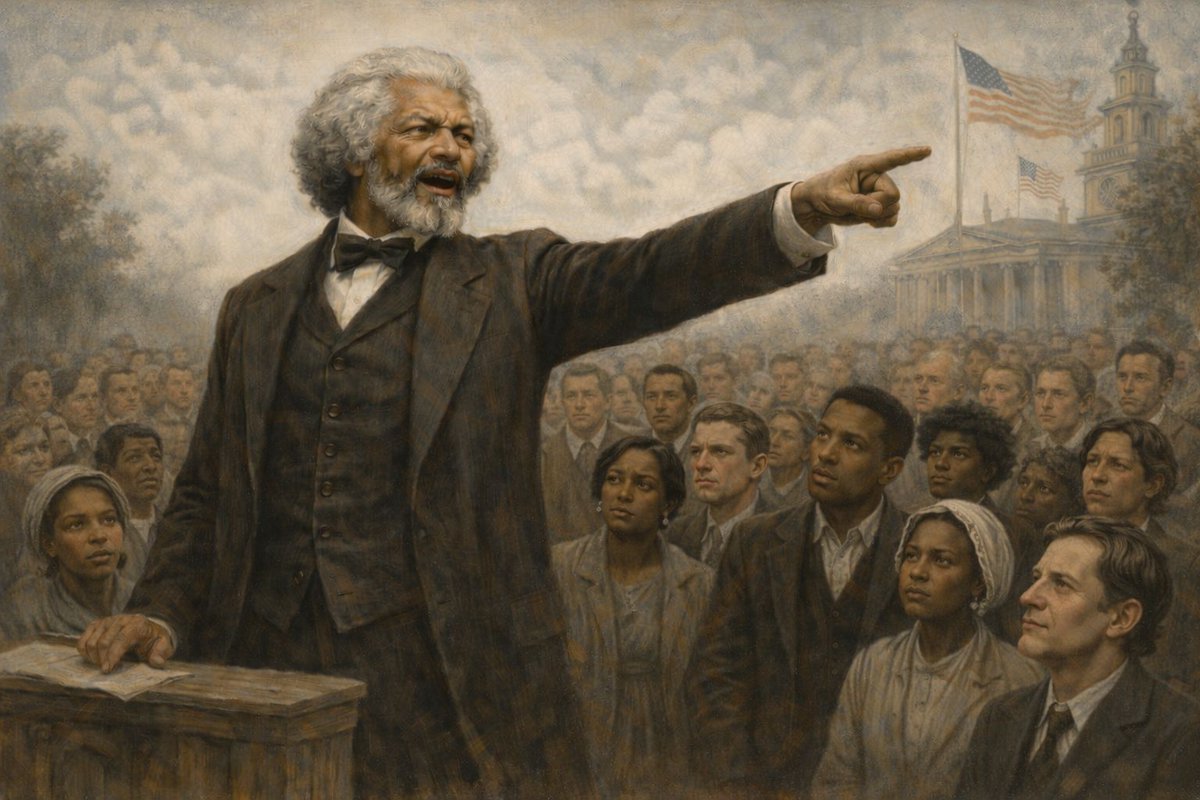
 Boston, the "Cradle of Liberty", where American independence was born.
Boston, the "Cradle of Liberty", where American independence was born.
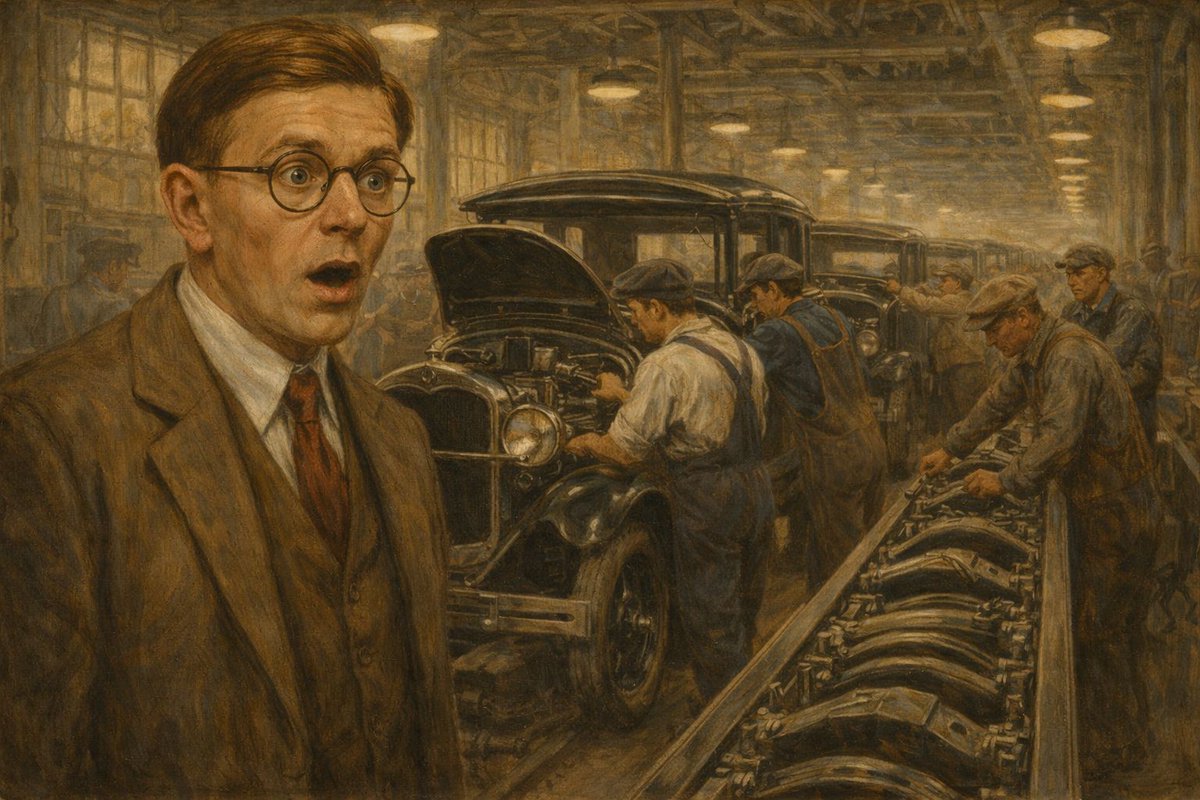
 London, 1929. A 19-year-old economics student at LSE calls himself a "soft socialist."
London, 1929. A 19-year-old economics student at LSE calls himself a "soft socialist."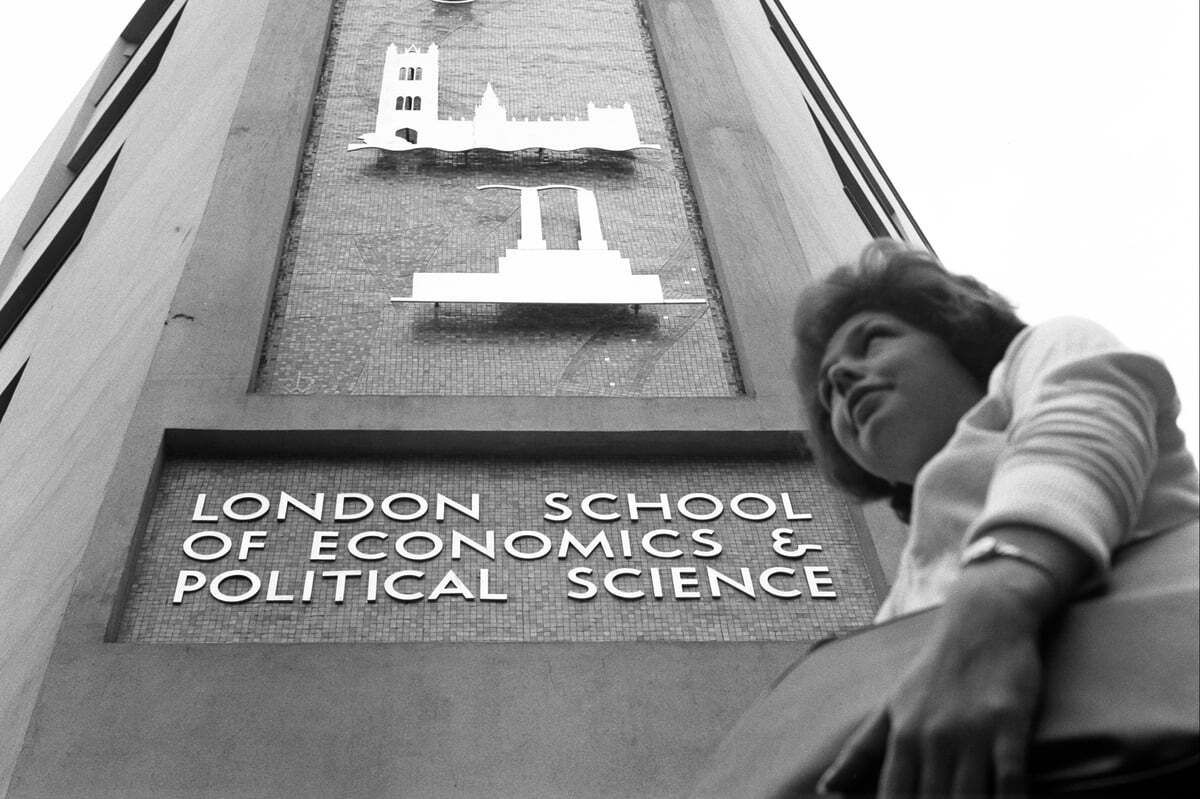

 Here's what most students tell themselves:
Here's what most students tell themselves:

 The Liberation Myth: Venezuela Started With a Promise
The Liberation Myth: Venezuela Started With a Promise

 Not because it's moderate. But because it's a conscious escape. That "but" isn't prudence. It's a silent plea for moral exoneration.
Not because it's moderate. But because it's a conscious escape. That "but" isn't prudence. It's a silent plea for moral exoneration.
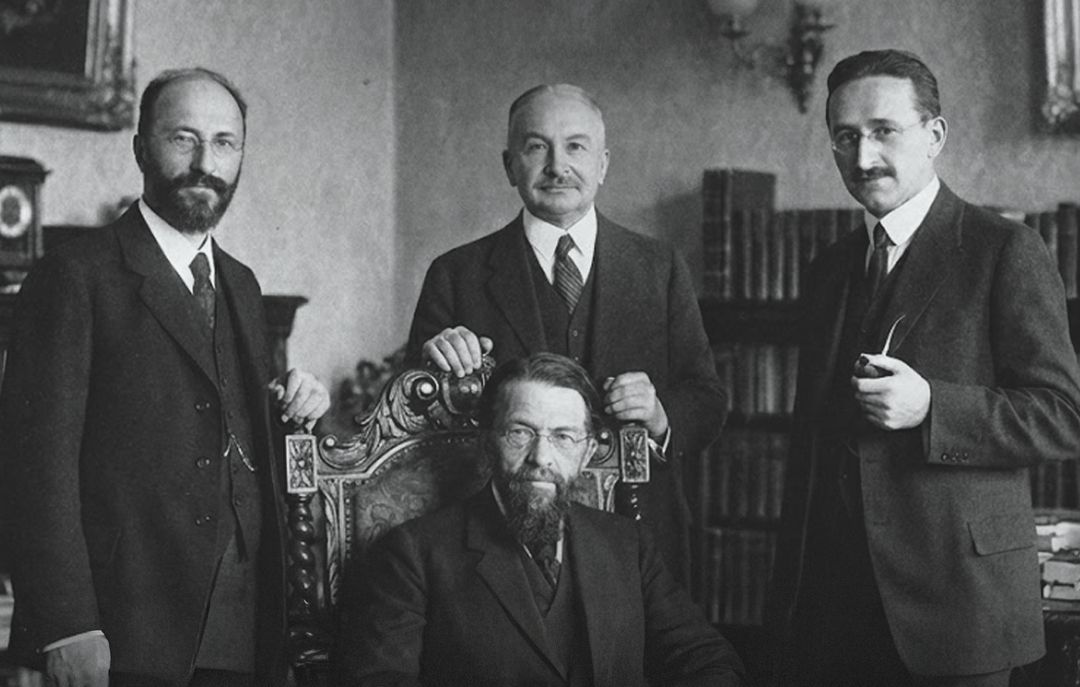
 Modern economics had a fatal flaw.
Modern economics had a fatal flaw.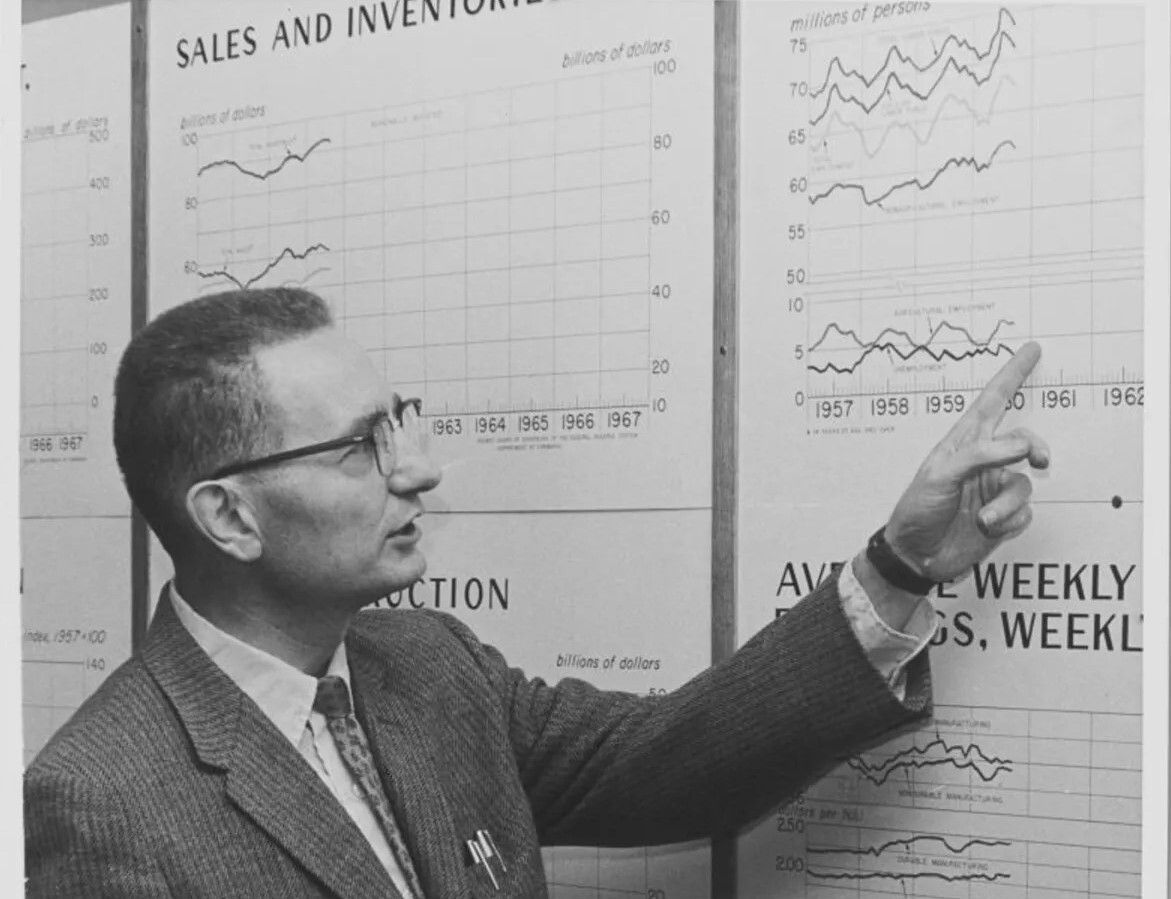
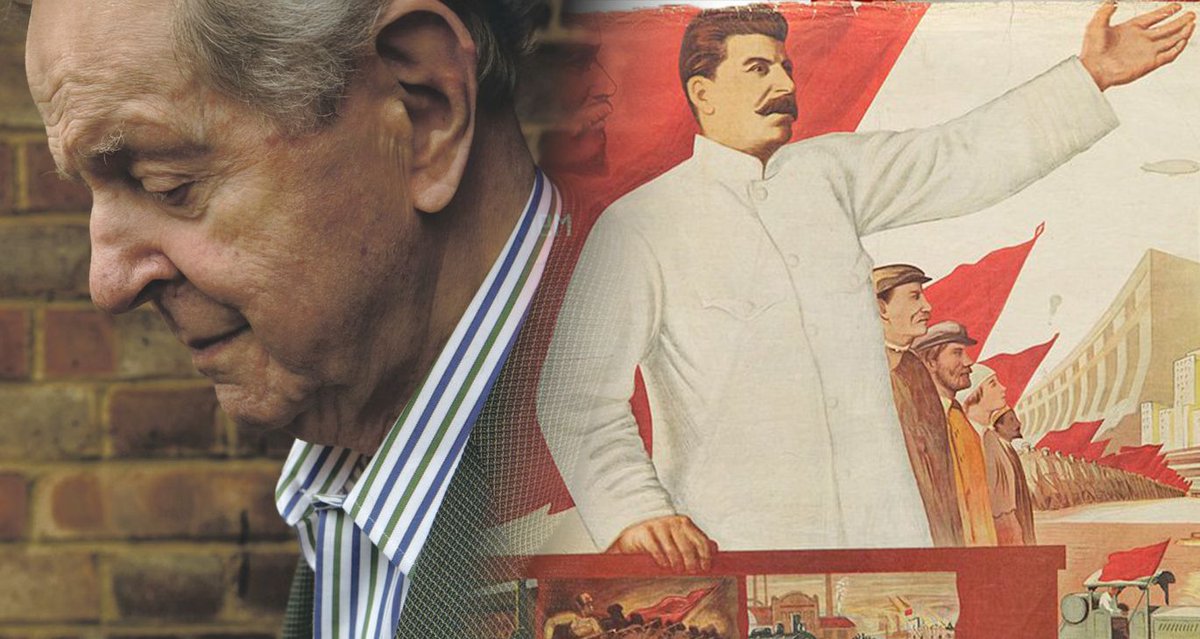
 The 1960s had a serious Soviet problem.
The 1960s had a serious Soviet problem.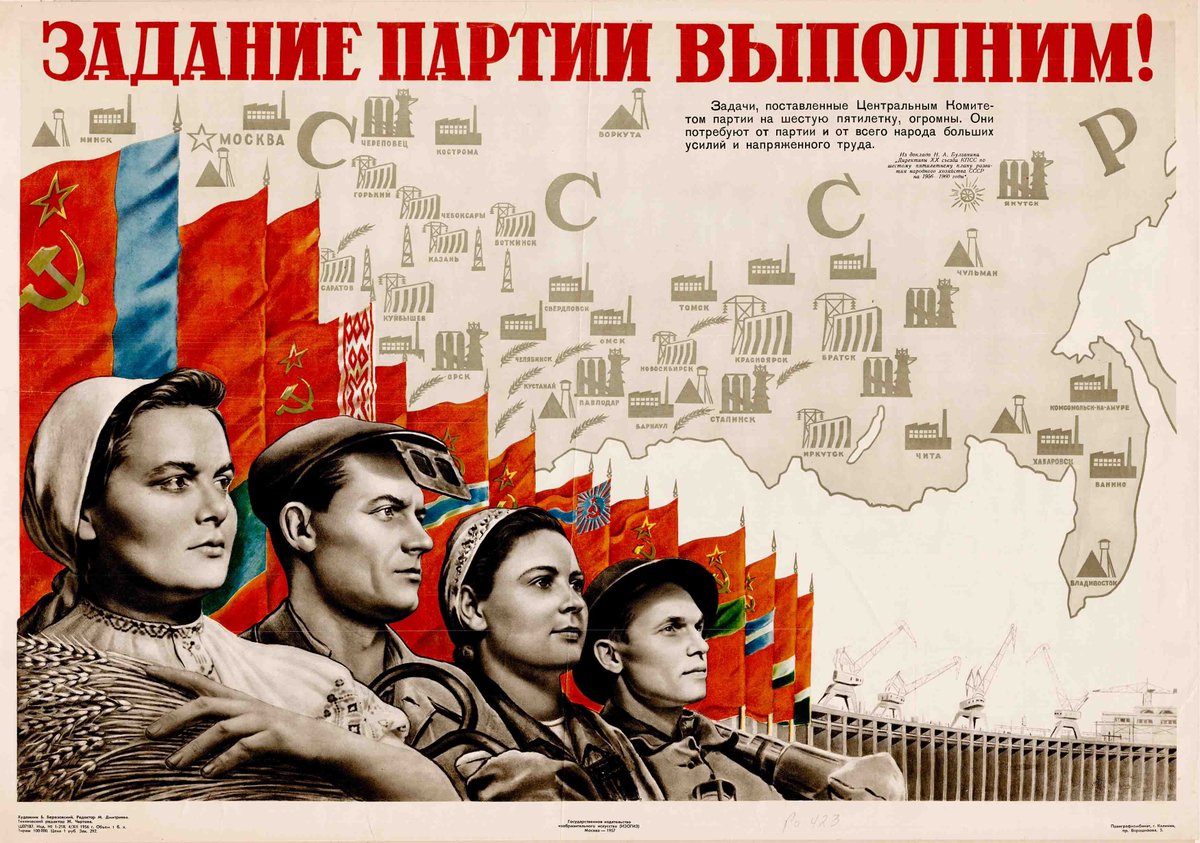
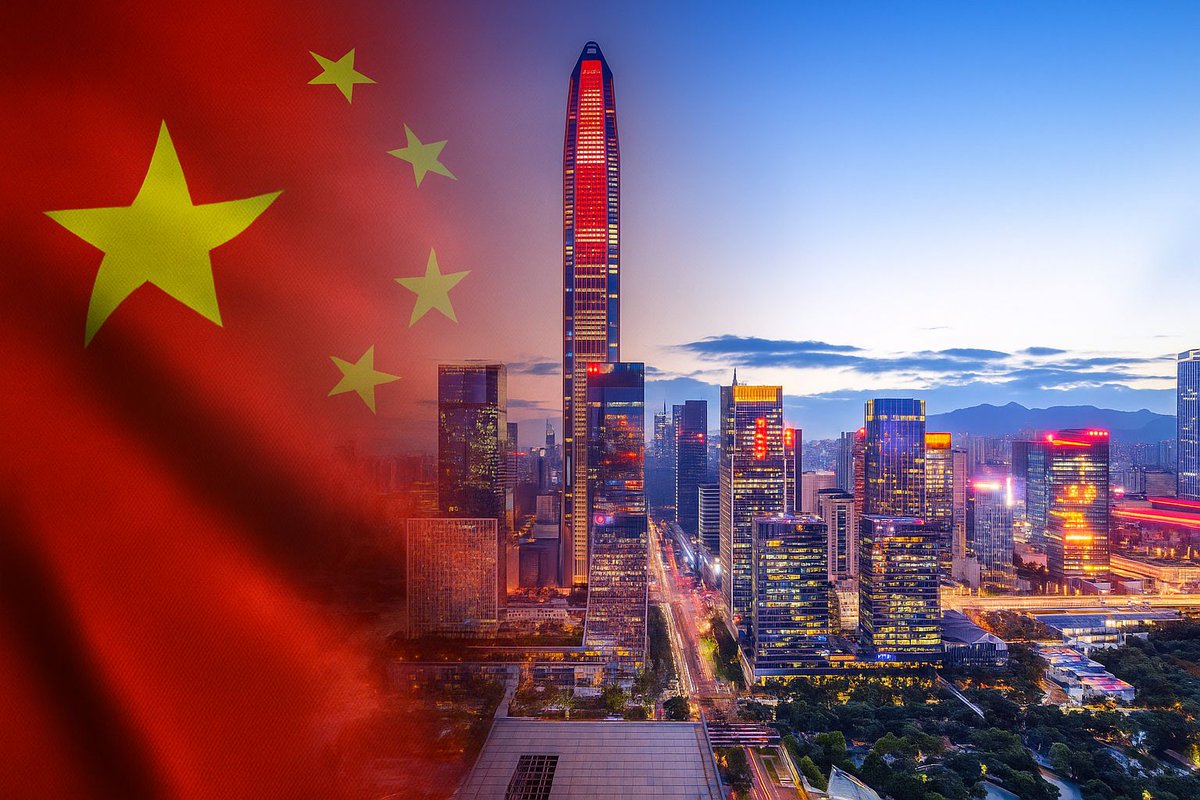
 You've been told capitalism needs heavy regulation to work. That developing countries need government intervention to industrialize.
You've been told capitalism needs heavy regulation to work. That developing countries need government intervention to industrialize.

 Jonathan Haidt analyzed campus culture, mental health data, and generational shifts.
Jonathan Haidt analyzed campus culture, mental health data, and generational shifts.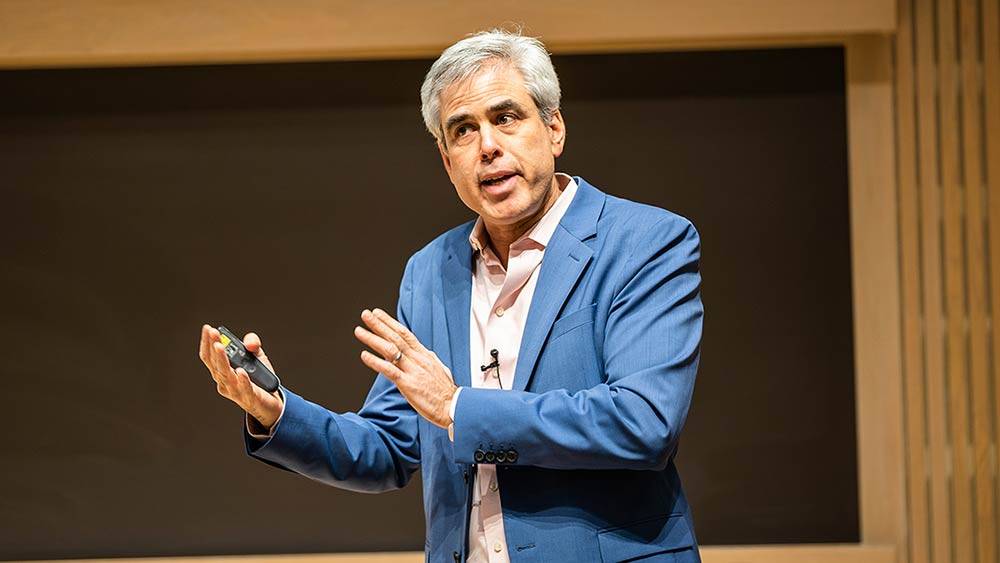
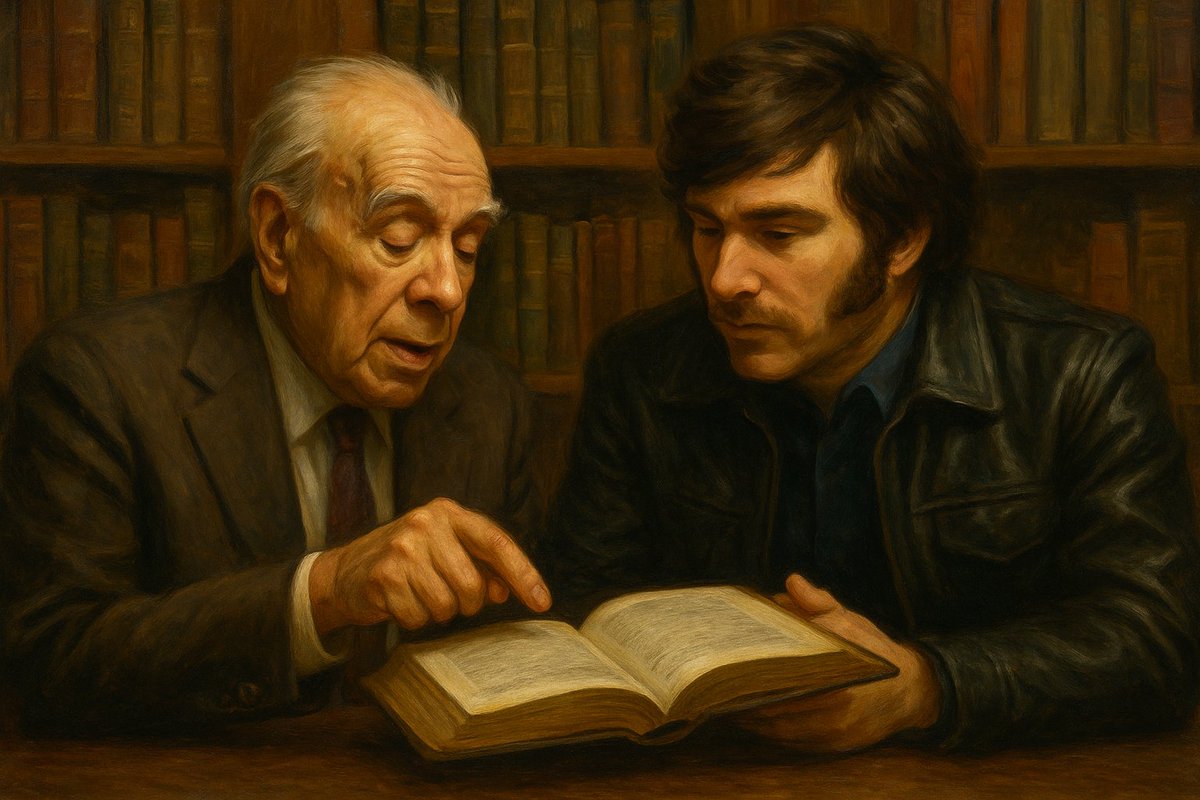
 While Pablo Neruda (communist) won the Nobel in 1971 and Gabriel García Márquez (Fidel Castro's personal friend) won in 1982, Borges was denied for two decades.
While Pablo Neruda (communist) won the Nobel in 1971 and Gabriel García Márquez (Fidel Castro's personal friend) won in 1982, Borges was denied for two decades.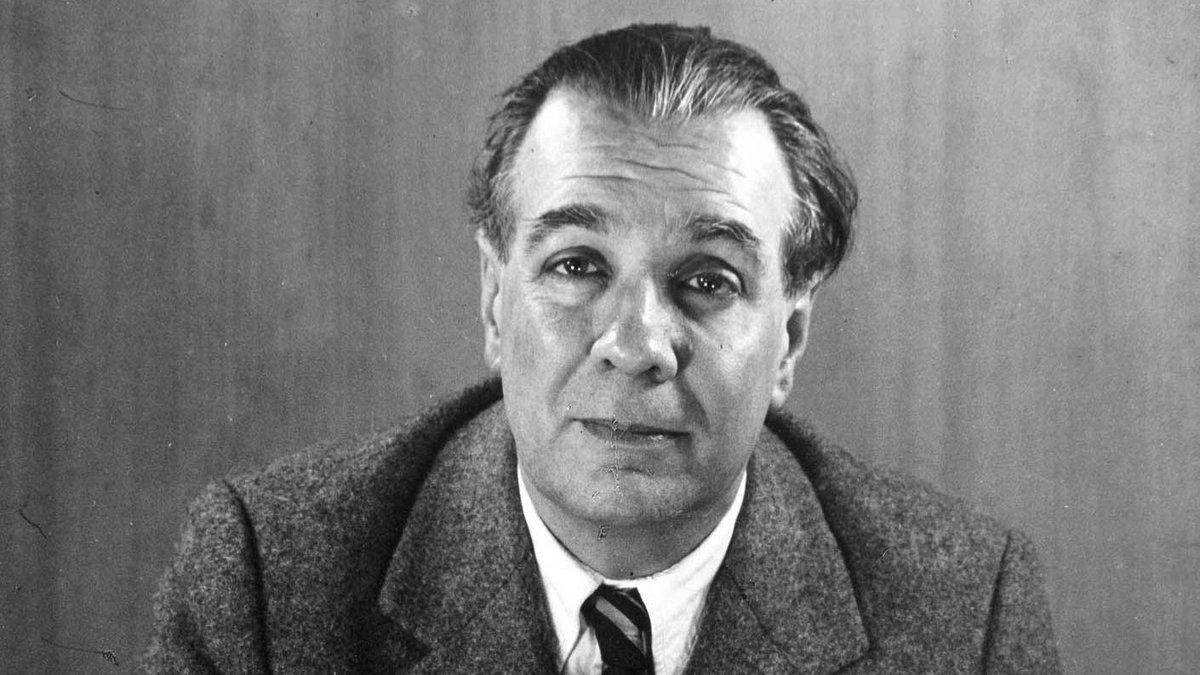
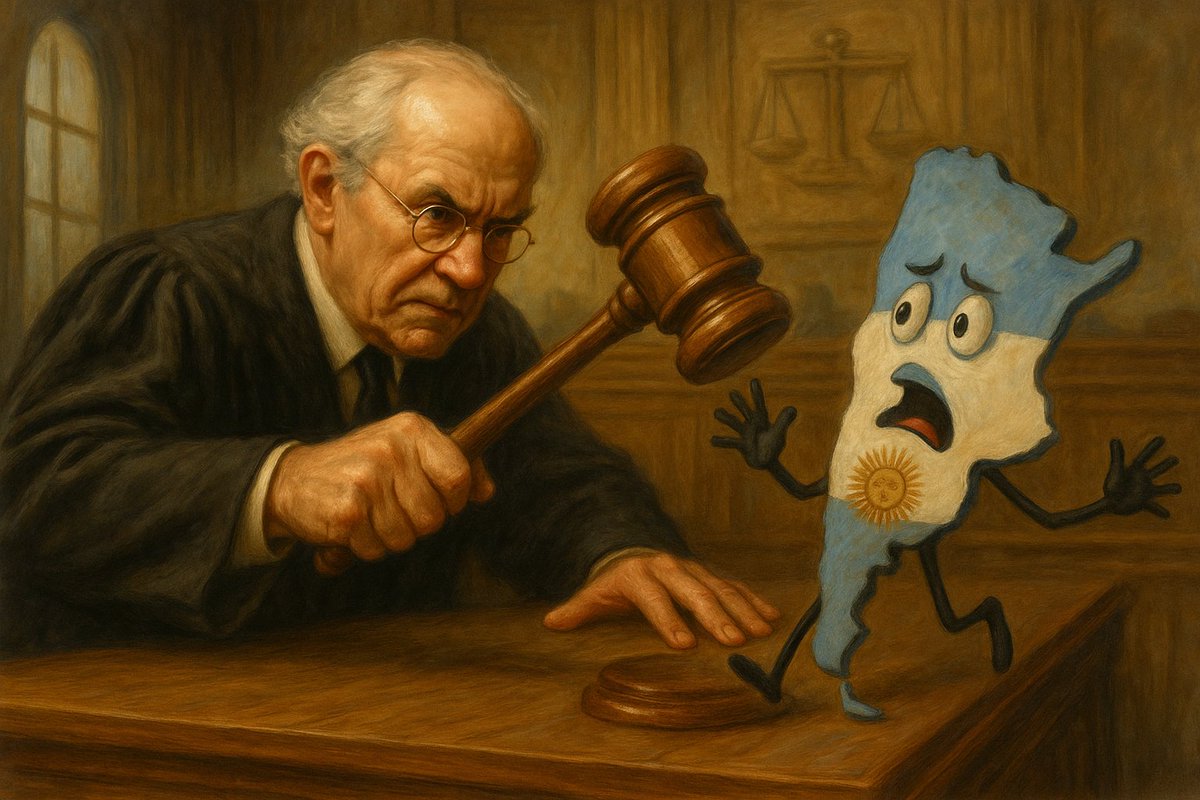
 Here's the part nobody teaches: Argentina didn't stumble into prosperity.
Here's the part nobody teaches: Argentina didn't stumble into prosperity.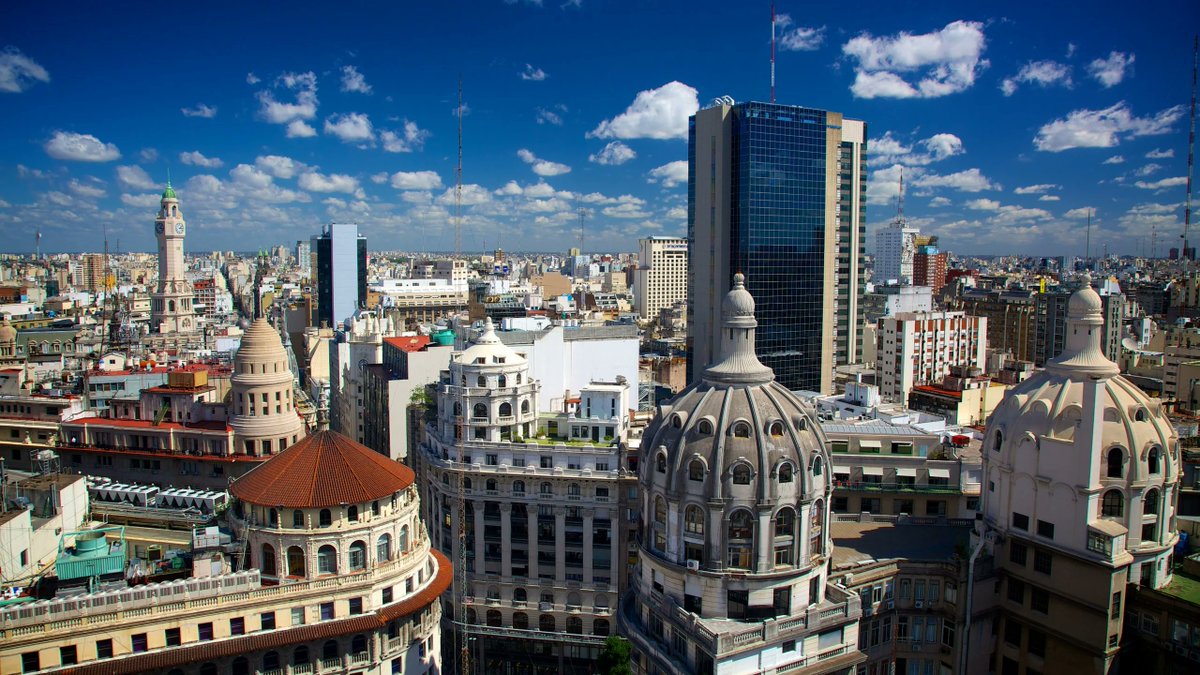
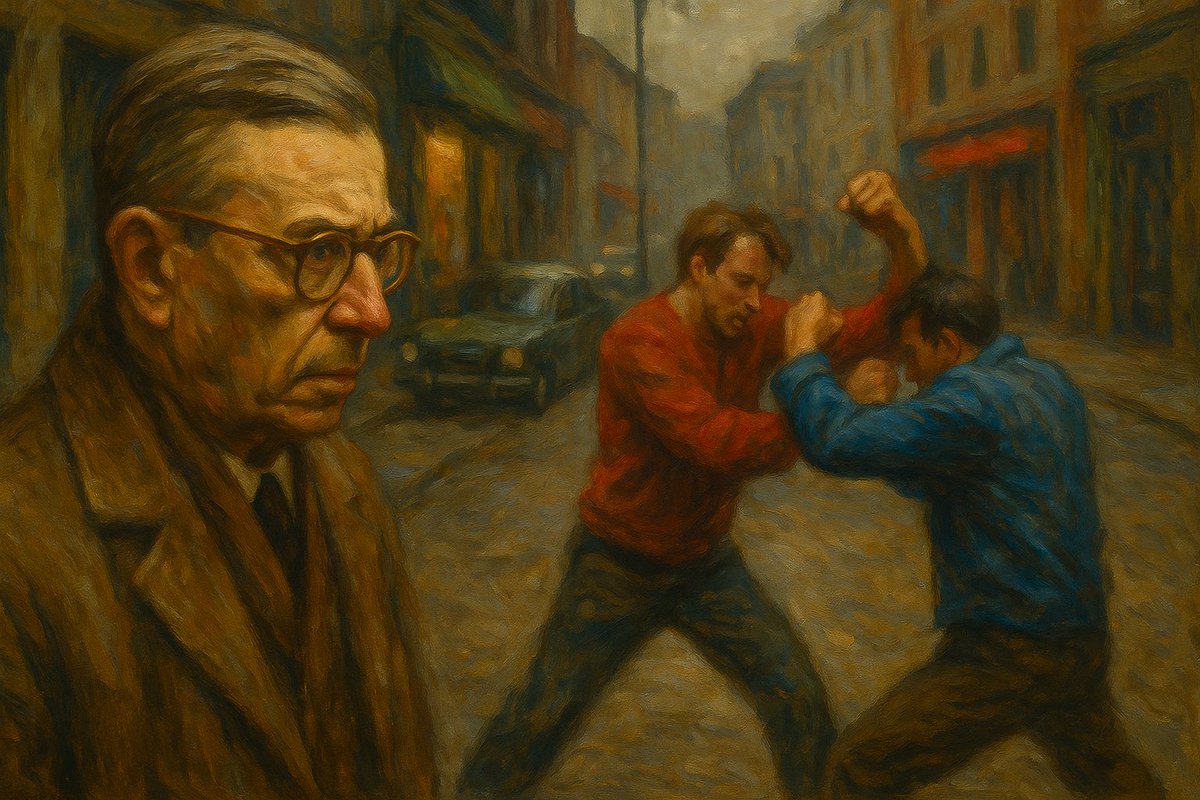
 Sartre was the most celebrated intellectual of the 20th century.
Sartre was the most celebrated intellectual of the 20th century.
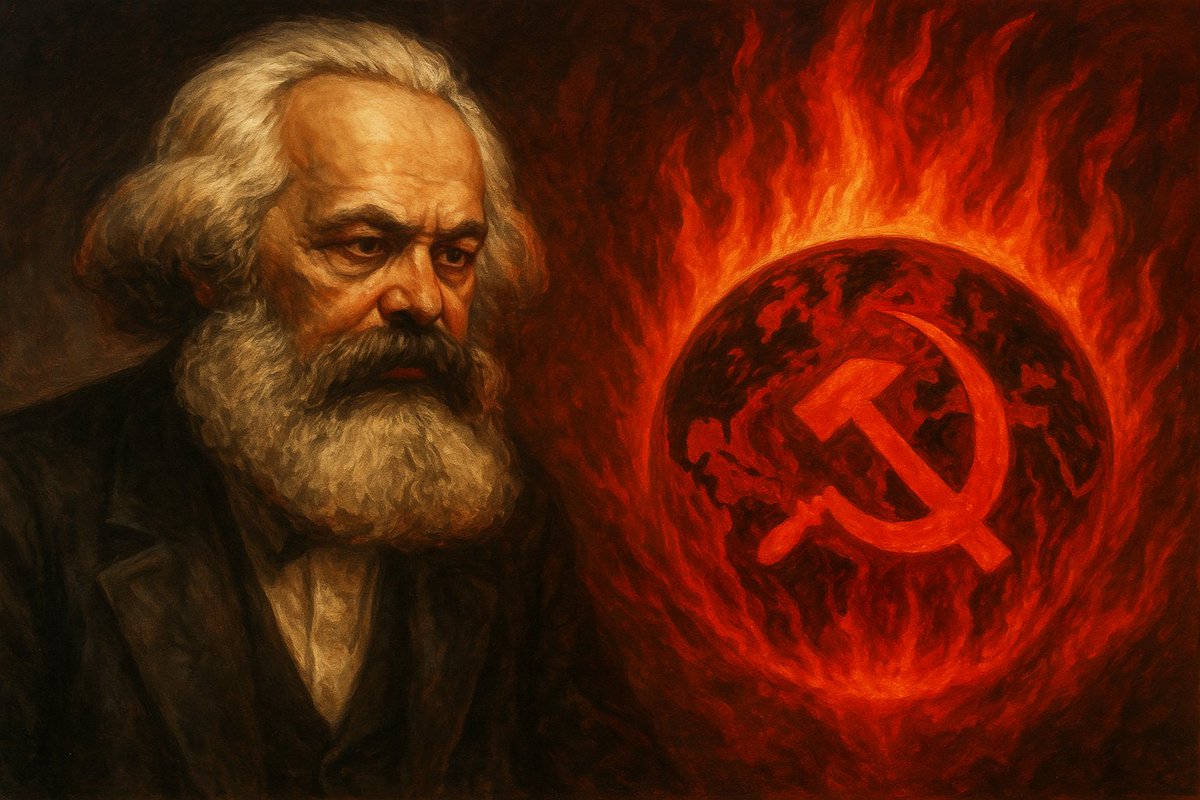
 Your sociology professor calls Marx a scientist. A rigorous thinker who analyzed capitalism and discovered its fatal contradictions.
Your sociology professor calls Marx a scientist. A rigorous thinker who analyzed capitalism and discovered its fatal contradictions.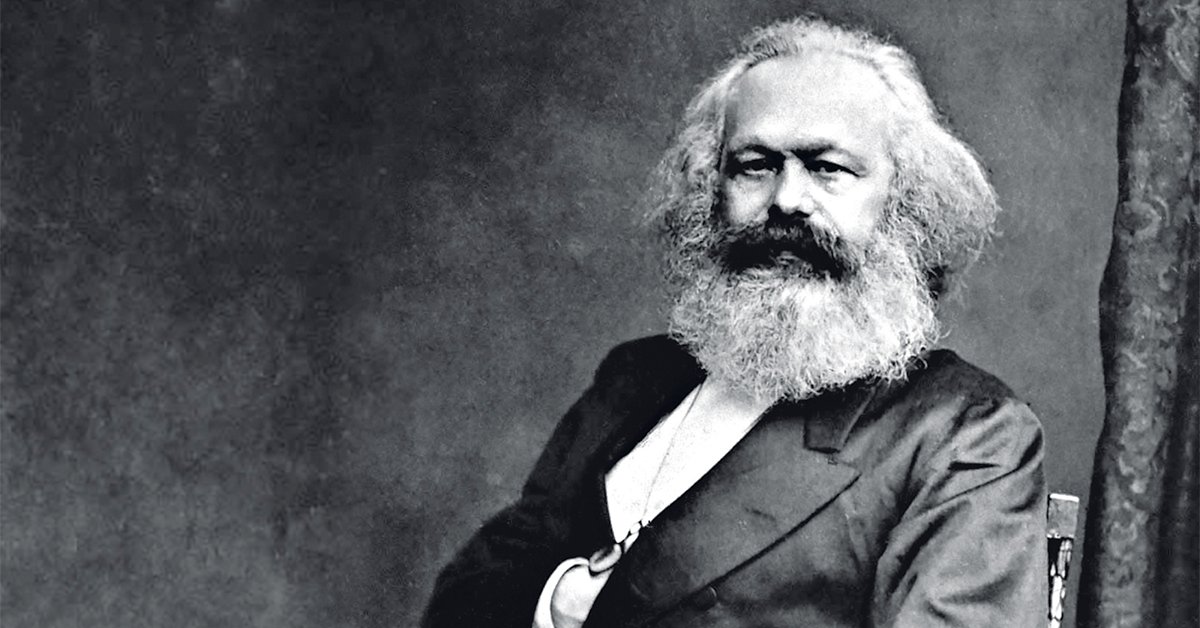

 Robert Nozick was a conventional social democrat. Smart, ambitious, headed for a prestigious academic career. He believed in welfare programs, redistribution, the New Deal consensus.
Robert Nozick was a conventional social democrat. Smart, ambitious, headed for a prestigious academic career. He believed in welfare programs, redistribution, the New Deal consensus.

 The year was 1920. Mises published a paper that would make him an intellectual pariah across Europe.
The year was 1920. Mises published a paper that would make him an intellectual pariah across Europe.

 In 1987, Sowell published A Conflict of Visions, and it explained something everyone experiences but nobody can articulate: why political arguments feel like talking to aliens.
In 1987, Sowell published A Conflict of Visions, and it explained something everyone experiences but nobody can articulate: why political arguments feel like talking to aliens.

 Rand didn't write philosophy in a vacuum. She watched her family's pharmacy get seized. She saw productive people get punished for succeeding. She witnessed merit become meaningless.
Rand didn't write philosophy in a vacuum. She watched her family's pharmacy get seized. She saw productive people get punished for succeeding. She witnessed merit become meaningless.
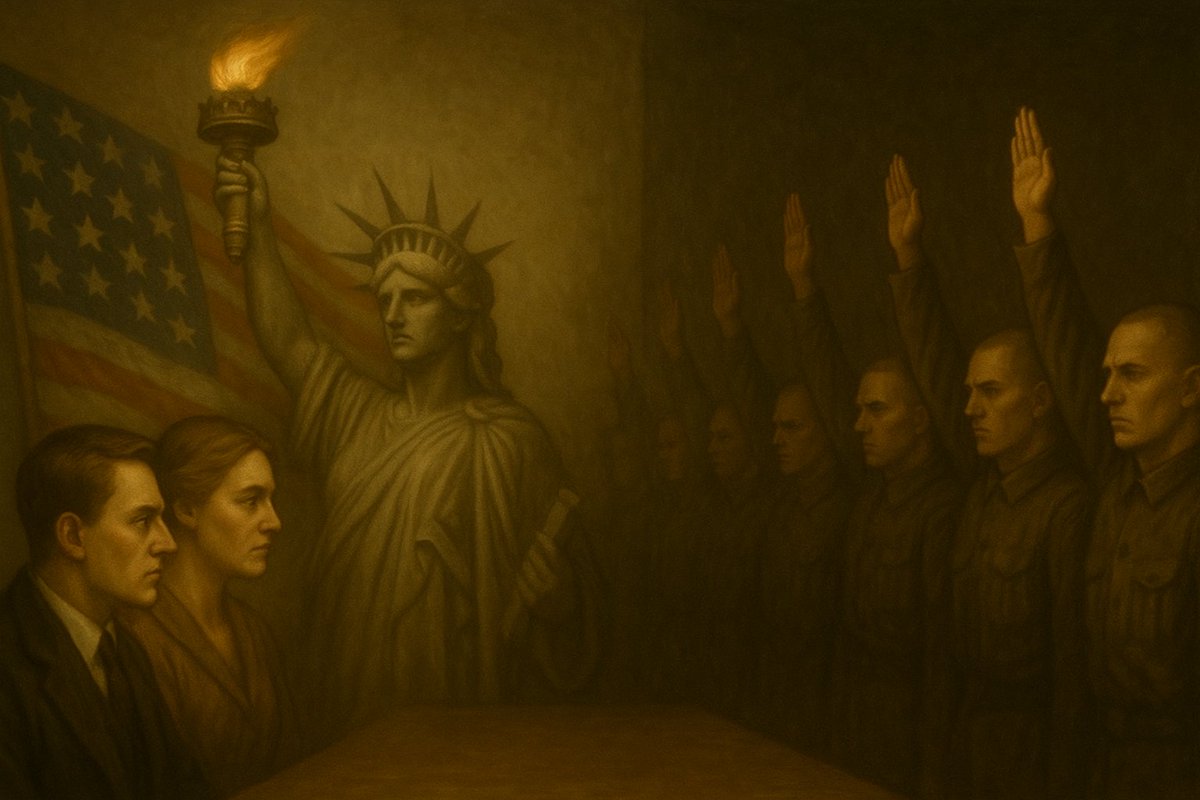
 Collectivism isn't just a left-wing problem.
Collectivism isn't just a left-wing problem.

 Let's rewind to early October.
Let's rewind to early October.